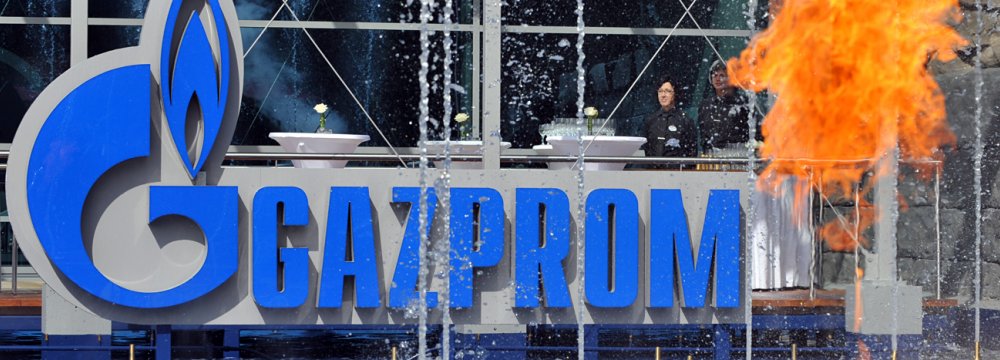
Gazprom Speaks Out Against OPEC Output Cut Extension

A possible six-month extension proposal from Russia is shorter than the market is largely expecting—nine months through the end of 2018. It could also put Russia on a collision course with Saudi Arabia, its key partner in the OPEC and non-OPEC deal to curb production to erase the glut and prop up oil prices, Oil Price reported.
In early October, Russia’s President Vladimir Putin said Russia was open to extending the production cut deal, but echoed other officials’ comments at that time that it was too early to decide.
“If we speak about a possible extension, then of course, it should be at least until the end of 2018,” Bloomberg quoted Putin as saying at an energy forum in Russia.
But a month and a half later, with Brent trading above $60 for more than three weeks, there is growing talk and speculation that Russia might walk away from the deal, or try to stall either the taking or the announcement of the decision, because it does not see such announcement as urgent as many of OPEC’s producers.
“Extending the deal was discussed. Everyone except Gazprom Neft agreed, because the company will launch new projects in 2018,” one of TASS sources said, adding that Rosneft—the biggest Russian oil producer led by Putin’s close ally Igor Sechin—did not voice disagreement over extending the cuts.
Last month, a senior Gazprom Neft executive said the company was "holding its nose" to the production cut deal because it had made the company cut its production growth targets.
Russian oil firms are said to be balking at a further extension, arguing that their production restrictions are only benefiting others while Russian companies have to cut back from new projects in which they have heavily invested. Almost all countries part of the deal have expressed readiness to extend the pact, so the only remaining question is when the decision should be taken—at the meeting next week, or at an extraordinary meeting early next year, a TASS source in OPEC said.


Trump weighs using $2 billion in CHIPS Act funding for critical minerals

Codelco cuts 2025 copper forecast after El Teniente mine collapse

Electra converts debt, launches $30M raise to jumpstart stalled cobalt refinery

Barrick’s Reko Diq in line for $410M ADB backing

Abcourt readies Sleeping Giant mill to pour first gold since 2014

Nevada army depot to serve as base for first US strategic minerals stockpile

SQM boosts lithium supply plans as prices flick higher

Viridis unveils 200Mt initial reserve for Brazil rare earth project

Tailings could meet much of US critical mineral demand – study

Kyrgyzstan kicks off underground gold mining at Kumtor

Kyrgyzstan kicks off underground gold mining at Kumtor

KoBold Metals granted lithium exploration rights in Congo

Freeport Indonesia to wrap up Gresik plant repairs by early September

Energy Fuels soars on Vulcan Elements partnership

Northern Dynasty sticks to proposal in battle to lift Pebble mine veto

Giustra-backed mining firm teams up with informal miners in Colombia

Critical Metals signs agreement to supply rare earth to US government-funded facility

China extends rare earth controls to imported material

Galan Lithium proceeds with $13M financing for Argentina project

Kyrgyzstan kicks off underground gold mining at Kumtor

Freeport Indonesia to wrap up Gresik plant repairs by early September

Energy Fuels soars on Vulcan Elements partnership

Northern Dynasty sticks to proposal in battle to lift Pebble mine veto

Giustra-backed mining firm teams up with informal miners in Colombia

Critical Metals signs agreement to supply rare earth to US government-funded facility

China extends rare earth controls to imported material

Galan Lithium proceeds with $13M financing for Argentina project

Silver price touches $39 as market weighs rate cut outlook

















